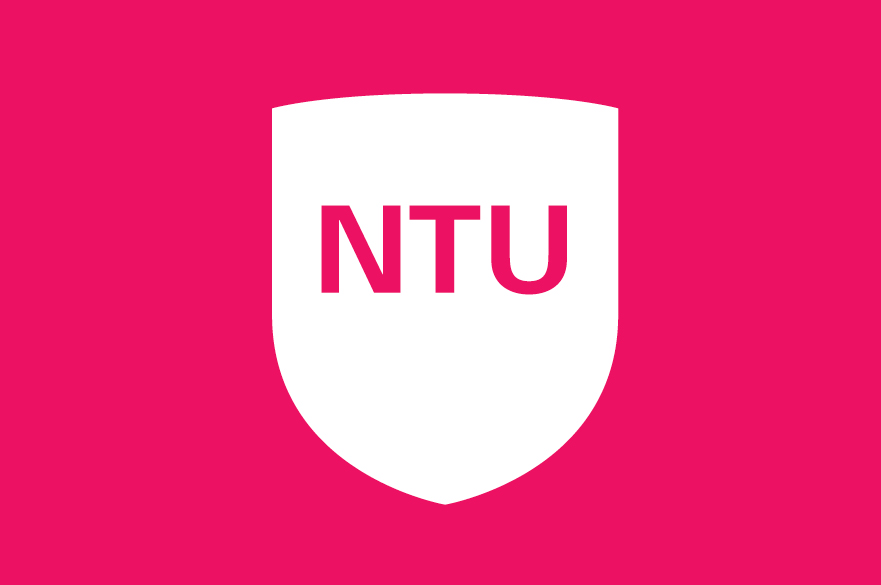Overview
Central Bank Digital Currencies (CBDCs) are digital versions of national currencies issued by central banks, aimed at improving payment efficiency, financial inclusion, and monetary policy. With the rise of cryptocurrencies, many central banks are exploring CBDCs' potential impacts on financial systems, trade, exchange rates, and consumer behaviour. This research will assess how the introduction of CBDCs could affect global financial stability, international trade, exchange rates, and monetary policy coordination.
There are several interesting and important research dimensions:
- International Trade: Analyze how CBDCs could streamline cross-border payments, reducing transaction costs.
- Exchange Rates: Investigate CBDCs' potential to stabilize exchange rates by improving transparency in currency markets.
- Global Monetary System: Examine how CBDCs could impact currency substitution, particularly in global trade, and challenge the dominance of major currencies like the US dollar.
- Macroeconomic Policy: Assess how CBDCs might enhance or complicate global monetary policy coordination, especially during economic crises.
- Financial Integration: Evaluate whether CBDCs can promote or hinder global financial integration, particularly between countries with different levels of CBDC adoption.
The research will use a Dynamic Stochastic General Equilibrium (DSGE) model with Heterogeneous Agents to simulate the macroeconomic effects of CBDCs. The model will consider key variables such as inflation, interest rates, international capital flows, and exchange rate regimes under different CBDC adoption scenarios.
This research will provide insights into the potential macroeconomic impacts of CBDCs, helping policymakers and central banks understand their implications for global trade, exchange rates, and monetary systems. The findings will offer a framework for designing and implementing CBDCs in ways that maximize benefits and minimize risks.
As the world moves toward digital currencies, understanding the macroeconomic implications of CBDCs is essential. This study will provide valuable insights into how CBDCs can shape global financial systems and inform policy decisions to ensure stability and efficiency in the digital age.
For informal enquiries about this project, please contact: Dr Alper Cenesiz (alper.cenesiz@ntu.ac.uk) and Dr. Helen Knight (helen.knight@ntu.ac.uk)
Nottingham Business School is triple crown accredited with EQUIS, AACSB and AMBA – the highest international benchmarks for business education. It has also been ranked by the Financial Times for its Executive Education programmes in 2023 and 2024. NBS is one of only 47 global business schools recognised as a PRME Champion, and held up as an exemplar by the United Nations of Principles of Responsible Management Education (PRME).
Its purpose is to provide research and education that combines academic excellence with positive impact on people, business and society. As a world leader in experiential learning and personalisation, joining NBS as a researcher is an opportunity to achieve your potential.
Applications for October 2025 intake closes on 1st July 2025 and applications for Jan 2026 intake closes on 1st October 2025.
Staff profiles
Entry qualifications
Entrants must hold an undergraduate or postgraduate degree in Economics or a related field, with a strong background in mathematics and proficiency in coding, such as in MATLAB, Python, or Julia.
UK: Successful applicants for the PhD in Nottingham Business School normally hold a first or upper second-class honours degree from a UK university or an equivalent qualification. Candidates with a lower second-class degree may apply if they hold a Master’s degree at Merit level or higher.
International: Successful applicants for the PhD in Nottingham Business School normally hold a first or upper second-class honours degree from a UK university or an equivalent qualification.
How to apply
Applications for October 2025 intake closes on 1st July 2025 and applications for Jan 2026 intake closes on 1st October 2025.
Please visit our how to apply page for a step-by-step guide and make an application.
Fees and funding
This is a self-funded PhD project for UK and International applicants.
Guidance and support
For more information about the NBS PhD Programme, including entry requirements and application process, please visit: https://www.ntu.ac.uk/course/nottingham-business-school/res/this-year/research-degrees-in-business
Nottingham Business School is triple crown accredited with EQUIS, AACSB and AMBA – the highest international benchmarks for business education. It has also been ranked by the Financial Times for its Executive Education programmes in 2023 and 2024. NBS is one of only 47 global business schools recognised as a PRME Champion, and held up as an exemplar by the United Nations of Principles of Responsible Management Education (PRME).
Its purpose is to provide research and education that combines academic excellence with positive impact on people, business and society. As a world leader in experiential learning and personalisation, joining NBS as a researcher is an opportunity to achieve your potential.
